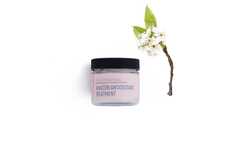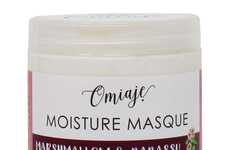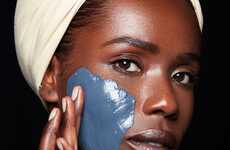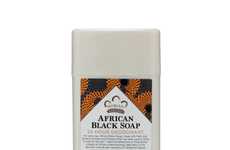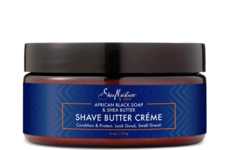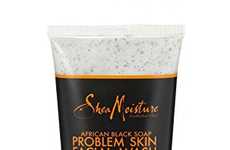
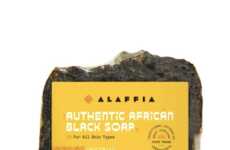
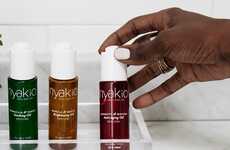

Black-owned businesses bring heritage ingredients to the beauty market
Trend - Black-owned business founders are tapping their heritage to make traditional African ingredients and practices available in the North American market. Although some of these ingredients have been co-opted by bigger brands, Black-owned companies stand out by offering support to native communities and using language that utilizes terms in-tune with the region of origin.
Insight - Since there is a gap in the North American market for answering the beauty needs of Black people and people of color, many consumers from these demographics turn to familiar self-care traditions that they have inherited from their home country or their families. As a result, a desire for products with specific cultural heritages arises. For consumers in this space, authenticity and knowledge of ingredients and practices takes precedence and this motivates many to put their trust in businesses with ties to the country or countries in question.
Insight - Since there is a gap in the North American market for answering the beauty needs of Black people and people of color, many consumers from these demographics turn to familiar self-care traditions that they have inherited from their home country or their families. As a result, a desire for products with specific cultural heritages arises. For consumers in this space, authenticity and knowledge of ingredients and practices takes precedence and this motivates many to put their trust in businesses with ties to the country or countries in question.
Workshop Question - How might you revamp your business practices internally to be able to introduce a product with an authentic cultural experience?
Trend Themes
1. Heritage Ingredients - Black-owned businesses are bringing traditional African ingredients and practices to the beauty market, answering the needs of consumers who prioritize authenticity and knowledge of ingredients and practices.
2. Ethical Sourcing - Natural and organic ingredient sourcing, fair trade cooperatives, and partnering with small-scale farmers and local communities for ingredient procurement are becoming increasingly important to both consumers and companies alike.
3. Cultural Representation - As consumers seek out products with specific cultural heritages, companies that are committed to representing and preserving these cultural practices and ingredients in their products are poised to offer disruptive innovation opportunities.
Industry Implications
1. Beauty Industry - From skincare to haircare, the beauty industry is seeing an increasing demand for products that are authentic, natural, and ethically sourced.
2. Sustainability Industry - As consumers become more conscious of their impact on the environment, there is an increasing need for companies to prioritize sustainable practices and reduce waste throughout their supply chains.
3. Cultural Heritage Preservation Industry - There is an emerging industry focused on preserving cultural heritage by offering authentic products and facilitating conversations on cultural practices and ingredients.


